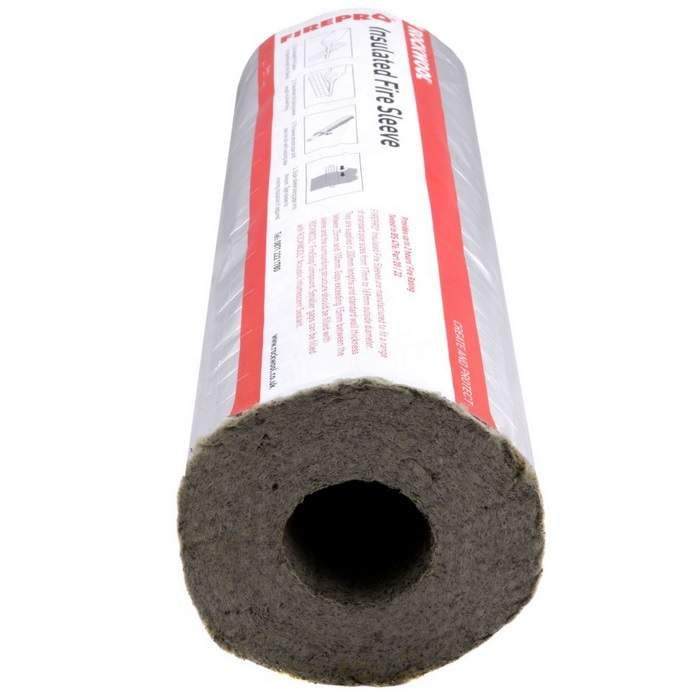Unveiling the Purpose and Advantages of Insulated Panels in Modern Construction
2 min read
Insulated panels have revolutionized the construction industry, offering a versatile and efficient solution for various applications. These panels consist of a core material, typically made of foam or rigid insulation, sandwiched between two layers of durable cladding. In this blog post, we will delve into the purpose and advantages of insulated panels, exploring their role in enhancing energy efficiency, structural integrity, and design flexibility in modern construction projects.
- Enhanced Energy Efficiency:
Insulated panels play a crucial role in improving the energy performance of buildings. By providing a continuous layer of insulation, they minimize heat transfer through walls, roofs, and floors. This insulation significantly reduces thermal bridging, preventing energy loss and maintaining a comfortable indoor environment. With rising energy costs and increasing environmental concerns, the use of insulated panels has become paramount in achieving sustainable and energy-efficient buildings. - Structural Integrity and Durability:
One of the primary purposes of insulated panels is to enhance the structural integrity and durability of buildings. The combination of a strong cladding material and a rigid insulation core creates a robust and resilient building envelope. These panels offer excellent resistance to external forces such as wind, snow, and seismic activity, ensuring the long-term stability and safety of the structure. Moreover, their lightweight nature reduces the overall load on the building, allowing for more efficient design and construction. - Design Flexibility:
Insulated panels provide architects and designers with unparalleled design flexibility. They can be customized to meet specific project requirements, offering a wide range of sizes, shapes, and finishes. The cladding layers can be made from various materials, including metal, concrete, wood, or even glass, allowing for endless design possibilities. Additionally, insulated panels can be easily integrated with other building systems, such as windows, doors, and ventilation, further enhancing their versatility and adaptability. - Rapid Installation and Cost Efficiency:
Another significant advantage of insulated panels is their rapid installation and cost efficiency. These panels are prefabricated off-site, ensuring precise manufacturing and quality control. Once delivered to the construction site, they can be quickly assembled, reducing labor costs and construction time. The speed of installation also minimizes disruptions to ongoing operations, making insulated panels an ideal choice for retrofitting existing buildings. Furthermore, their energy-saving properties contribute to long-term cost savings, making them a financially viable investment.
Conclusion:
Insulated panels have emerged as a game-changer in the construction industry, offering a multitude of benefits in terms of energy efficiency, structural integrity, design flexibility, and cost efficiency. Their purpose goes beyond mere insulation, as they contribute to creating sustainable, comfortable, and visually appealing buildings. As the demand for energy-efficient and environmentally friendly construction solutions continues to grow, insulated panels are set to play an increasingly vital role in shaping the future of modern architecture.
